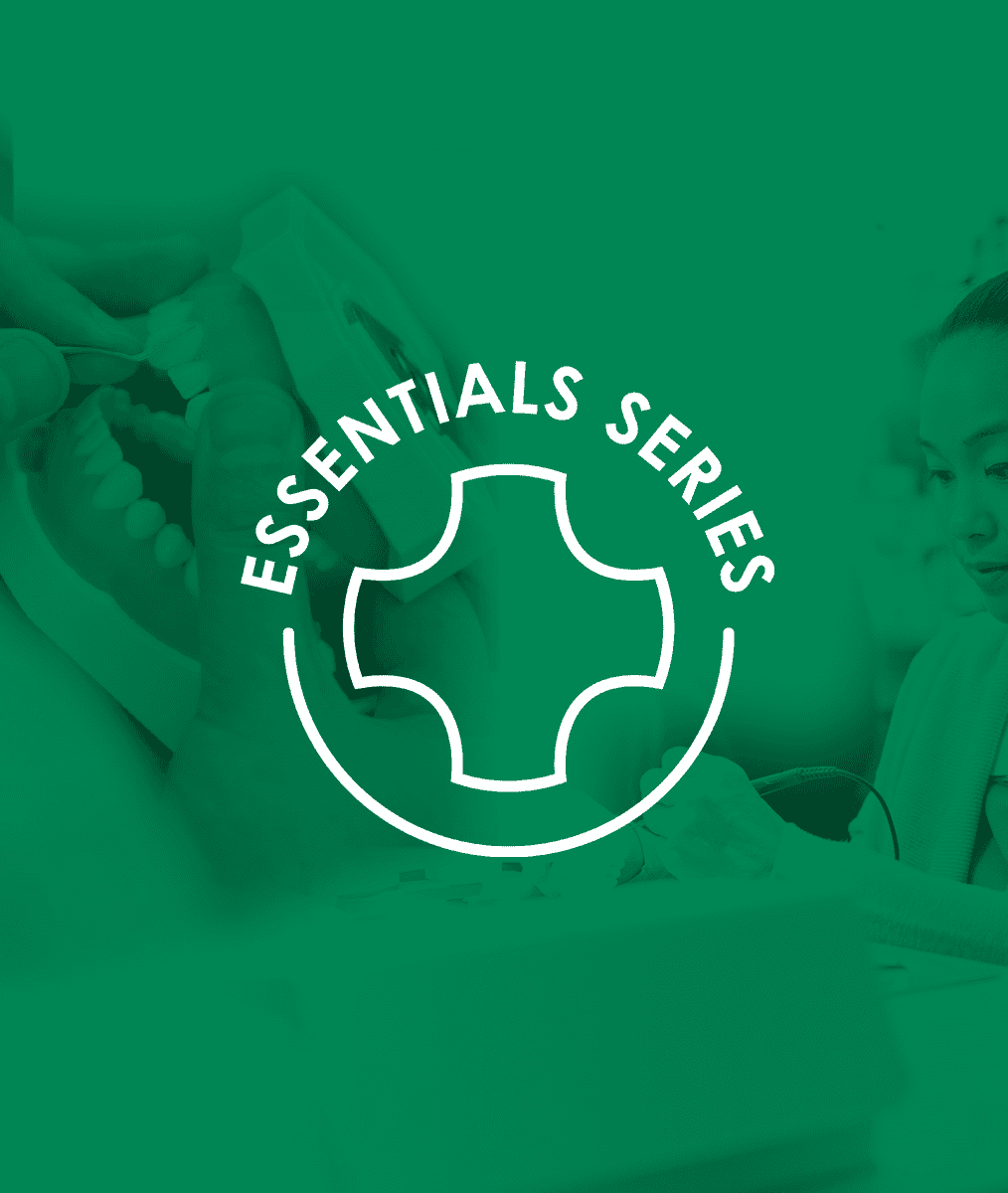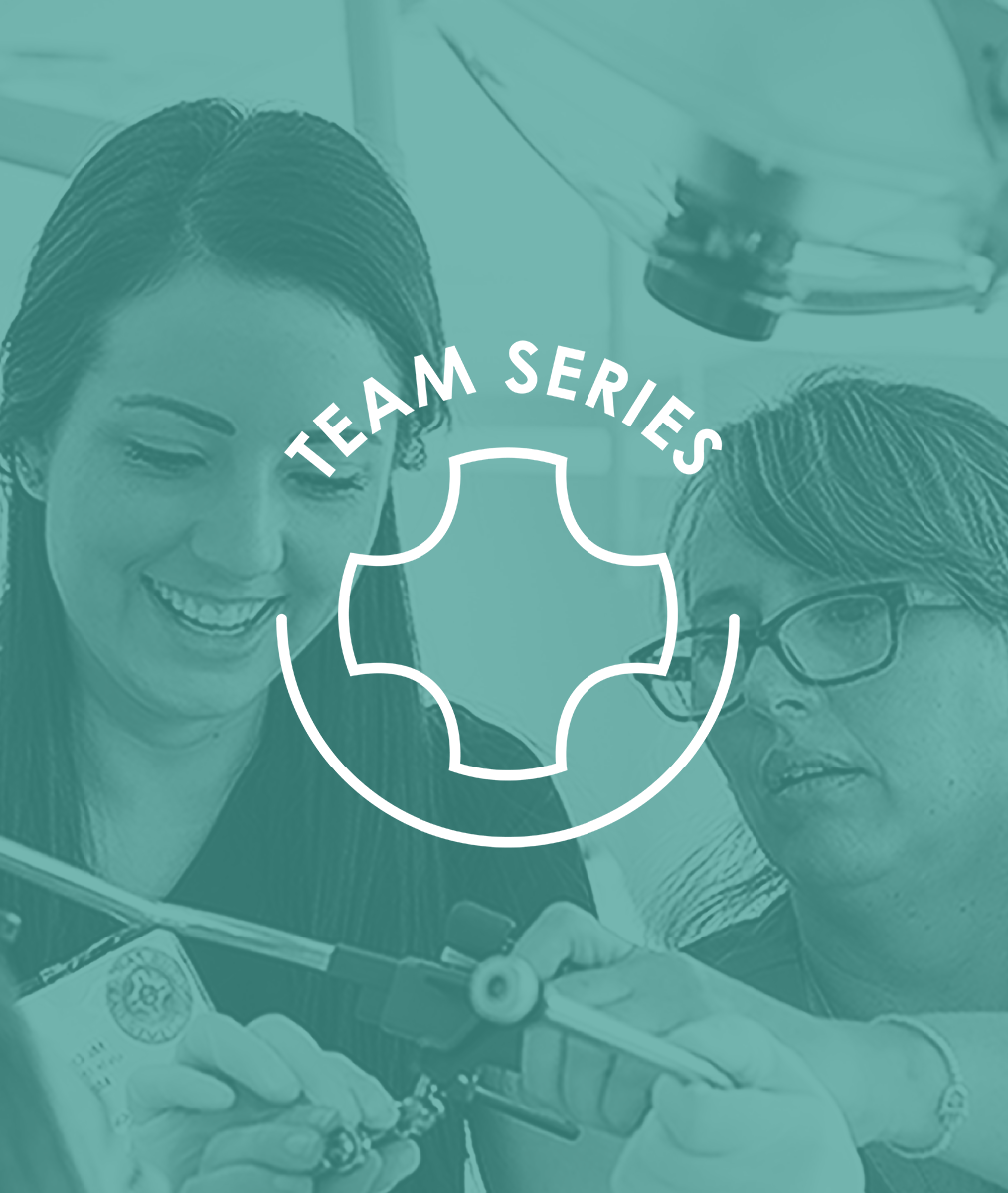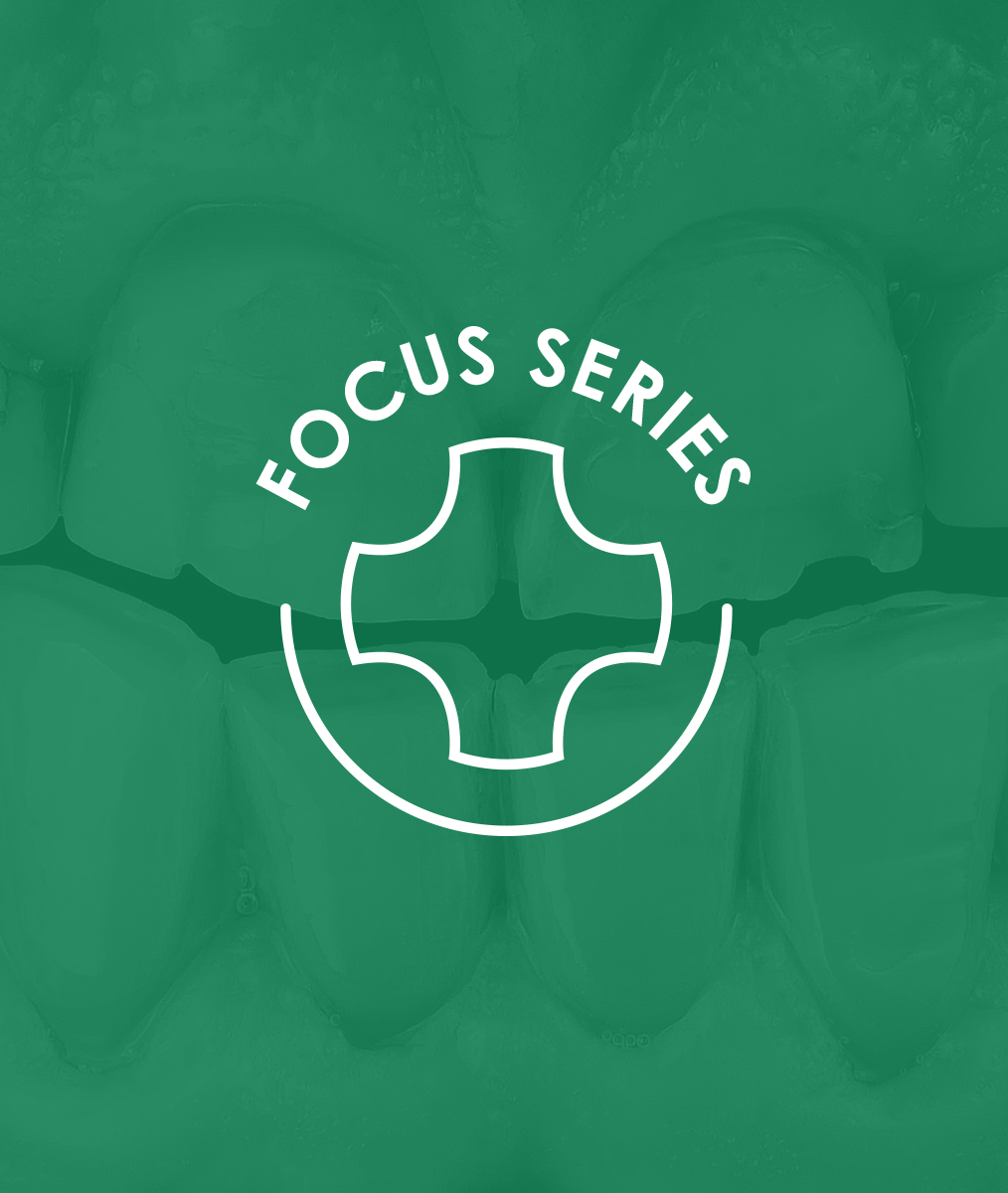Financial Literacy Series: Five Books by John Bogle
Father of Index Funds
John Bogle has many books to his credit. We all may benefit from reading one or more of them as a part of a New Years Resolution focused on Raising Our Financial Literacy! A perfect Stocking Stuffer, with a future focus in mind! John C. Bogle, the founder of Vanguard, changed investing forever for ordinary Americans, and wrote a dozen books over his lifetime, selling over 1.1 million copies worldwide.
An editor that worked with Bogle said, “I don’t think there’s an author who spent greater care on the words he chose,” and, “when he did a book, he was so meticulous; he’d rewrite and rewrite. He always went the extra mile to make sure there wasn’t a single person who could not understand what he was saying.”
“Jack,” as he was referred to by many, made it his mission to educate people about the benefits of index funds and not paying high fees to mutual fund managers. Below are some of the best books he authored:
1. Common Sense on Mutual Funds: New Imperatives for the Intelligent Investor
The first edition of this classic was published in 1999, and Bogle wrote a completely updated second edition a decade later to help investors understand mutual funds and how his simple and low cost investing strategy can be used to outperform stock pickers.
2. The Little Book of Common Sense Investing: The Only Way to Guarantee Your Fair Share of Stock Market Returns
This 304-page hardcover book is one of Wiley Publishing’s Little Book investing series and has proven to be an incredibly popular tool for investors. In this investing bible, Bogle presents his ideas succinctly for the layman.
- Warren Buffett advised in his 2014 letter to shareholders that rather than listen to the “siren songs” of advisors, “investors – large and small – should instead read Jack Bogle’s The Little Book of Common Sense Investing.”
- Bogle said even he needed to be reminded of his own advice in trying times. “How do I feel when the market goes down 50%?” he continued. “Honestly, I feel miserable. I get knots in my stomach. So what do I do? I get out a couple of my books on ‘staying the course’ and reread them!”
3. The Battle for the Soul of Capitalism
John Bogle was a vocal critic of Wall Street and the American financial system, and in this book the insider revealed what he knew about the unethical practices of money managers and corporate executives, which add costs to millions of small investors.
- The New York Times called it “yet another important contribution in an illustrious career,” and it was long listed for the Financial Times and McKinsey’s Business Book of the Year Award in 2005.
4. John Bogle on Investing: The First 50 Years
Bogle’s senior thesis at Princeton University was titled “The Economic Role of the Investment Company,” and it contained the very ideas that Vanguard would be built on. It is included in this compilation of his best speeches.
5. Stay the Course: The Story of Vanguard and the Index Revolution
At the time of publication, Vanguard had more $5 trillion in assets under management, and the road to that number wasn’t easy. Early on it was dubbed “un-American” and mocked by Wall Street professionals.
- Named after his most iconic piece of advice, Bogle’s last book is a memoir that traces the history of the Vanguard Group and provides new details. He addresses his critics, his regrets and even his Vanguard successors.
Sign-up for Courses to Continue Advancing Your Financial Literacy
Courses to Consider: Creating More Financial Freedom / Mastering Business Essentials
Related Course
E4: Posterior Reconstruction and Completing the Comprehensive Treatment Sequence
DATE: April 23 2026 @ 8:00 am - April 27 2026 @ 2:30 pmLocation: The Pankey Institute
CE HOURS: 44
Dentist Tuition: $ 7500
Single Occupancy with Ensuite Private Bath (per night): $ 355
The purpose of this course is to help you develop mastery with complex cases involving advanced restorative procedures, precise sequencing and interdisciplinary coordination. Building on the learning in Essentials Three…
Learn More>





















